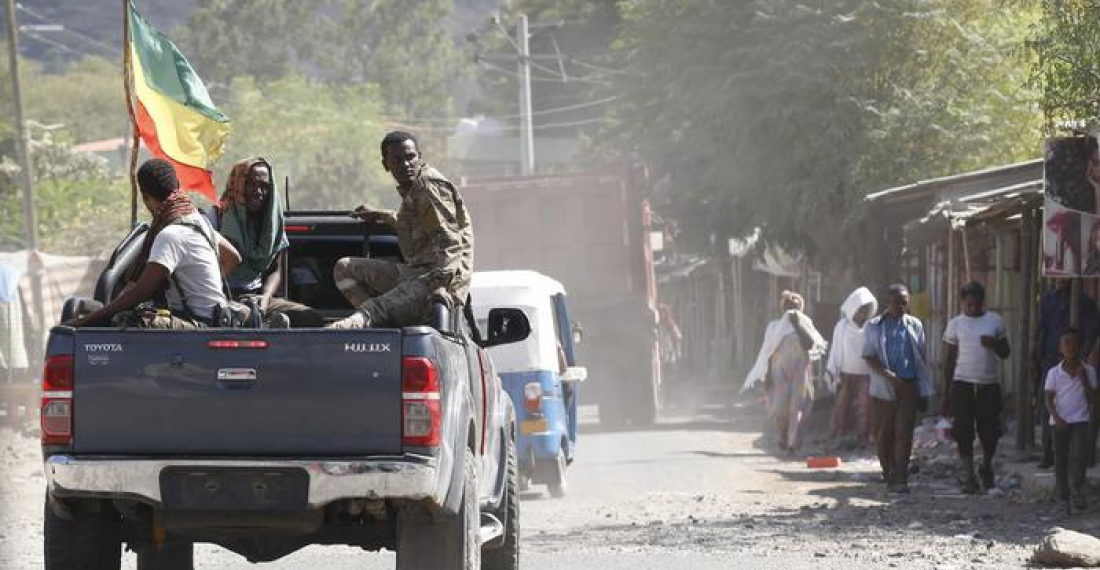19 people were killed in drone strikes earlier this week in Ethiopia’s Tigray region according to the latest reports. Humanitarian workers confirmed the strikes saying dozens more were injured. These were the second strikes, after a similar attack last week which resulted in the death of more than 56 at a camp for the internally displaced.
Government forces refused to comment and had stated multiple times before that they do not target civilians in the conflict. It is believed that Turkish made drones bought recently from Turkey were used in the operations. The latest attacks coincided with the US president Joe Biden voicing his concern about the continuing violence in a phone call with the Ethiopian prime minister Abiy Ahmed.
Since the fighting started in November 2020, both the Tigray People’s Liberation Front (TPLF) and the Ethiopian government forces have been conducting tit-for-tat operations in a battle over the Tigray region. Thousands have already been killed since the fighting started.
However, the Ethiopian government does not rule out the possibility of a national dialogue. The federal government on Friday said that “the key to lasting unity is dialogue”. In the wake of a string of military victories over Tigrayan forces, the government said: “One of the moral obligations of the victor is mercy.”
The comments came as the country celebrated Orthodox Christmas with the government announcing an amnesty for several TPLF leaders. Analysts say that the option of dialogue is the most significant breakthrough since the war broke out.
Source: commonspace.eu with The Guardian (London) and the Financial Times (London).
Picture: Ethiopian security forces patrol a city in Tigray after capturing it from the TPLF; Source: Minasse Wondimu Hailu/AA/picture alliance






